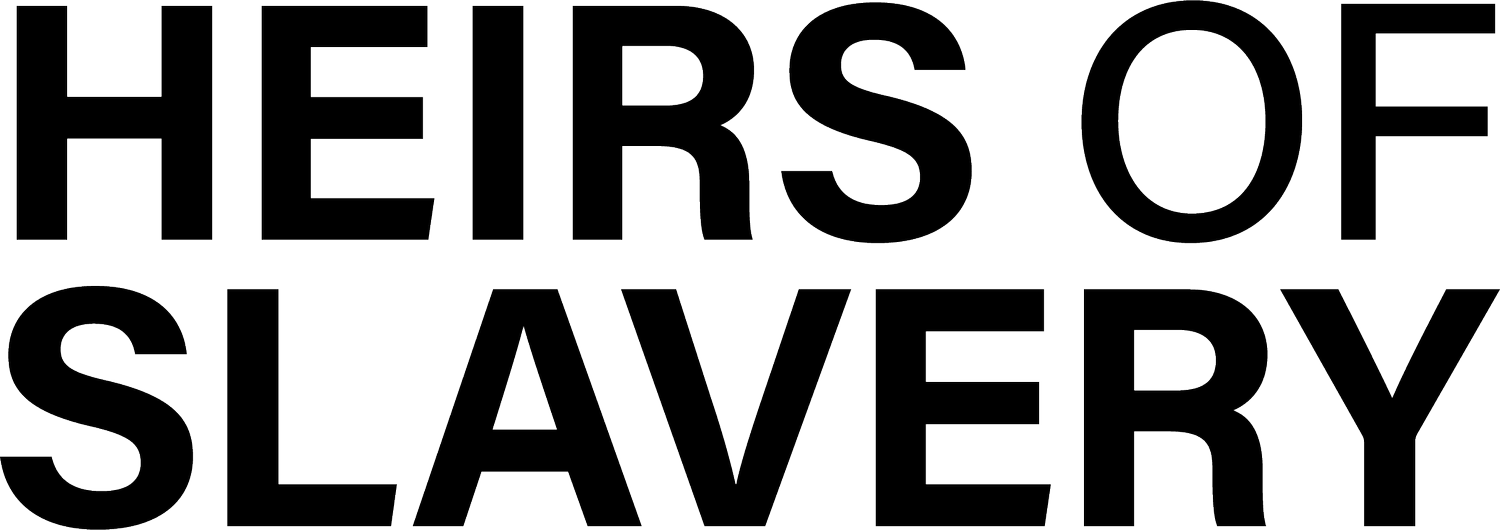About Us
Richard Atkinson’s paternal ancestors owned or managed numerous sugar estates in Jamaica. Their extensive business interests on the island included a longstanding government contract to hire the labour of up to 400 enslaved men to the British army.
John Dower and Laura Trevelyan are descended from six Trevelyans who in 1835 shared £29,000 as “compensation” for owning 1,004 enslaved people on the island of Grenada.
Charles Gladstone’s three-times great-grandfather John Gladstone owned sugar plantations in Jamaica and what is now Guyana, receiving £106,000 “compensation” at abolition. John’s son William became Prime Minister of Great Britain. As a young MP he spoke in Parliament against abolition and in favour of compensation for slave owners, but by 1850 he had changed his position, describing slavery as “far the foulest crime that taints the history of mankind in any Christian or pagan country”.
Rosemary Harrison’s four-times great-grandfather was Jamaica’s Attorney General in the late eighteenth century. He owned enslaved people as servants.
David Lascelles’ ancestors built Harewood House in Yorkshire with money made through the sugar trade and the slave trade that supported it. The Lascelles family received £26,309 “compensation” in 1835 after slavery was abolished. Harewood House has been run as an educational charitable trust since 1985.
Alex Renton is descended from owners of enslaved people on both sides of his family. His maternal ancestors, the Fergussons, co-owned plantations and people in Jamaica and Tobago: they shared £3,591 in “compensation” at abolition.
Robin Wedderburn’s ancestor John Wedderburn was a soldier and Assembly member in Jamaica in the late eighteenth/early nineteenth centuries. He owned plantations in Jamaica and the enslaved people on them.
